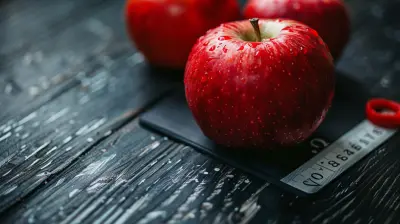Clean Eating Made Simple: What You Need to Know
31 July 2025
In a world filled with fast food, processed snacks, and artificial ingredients, clean eating has become a refreshing approach to a healthier lifestyle. But what exactly is clean eating? And how can you make it simple without overcomplicating things?
If you’ve ever been overwhelmed by diet trends, calorie counting, or strict food rules, don’t worry—clean eating isn’t about restrictions. It’s about making better food choices and fueling your body with wholesome, natural ingredients.
Let’s break it down step by step and make clean eating as simple (and enjoyable) as possible. 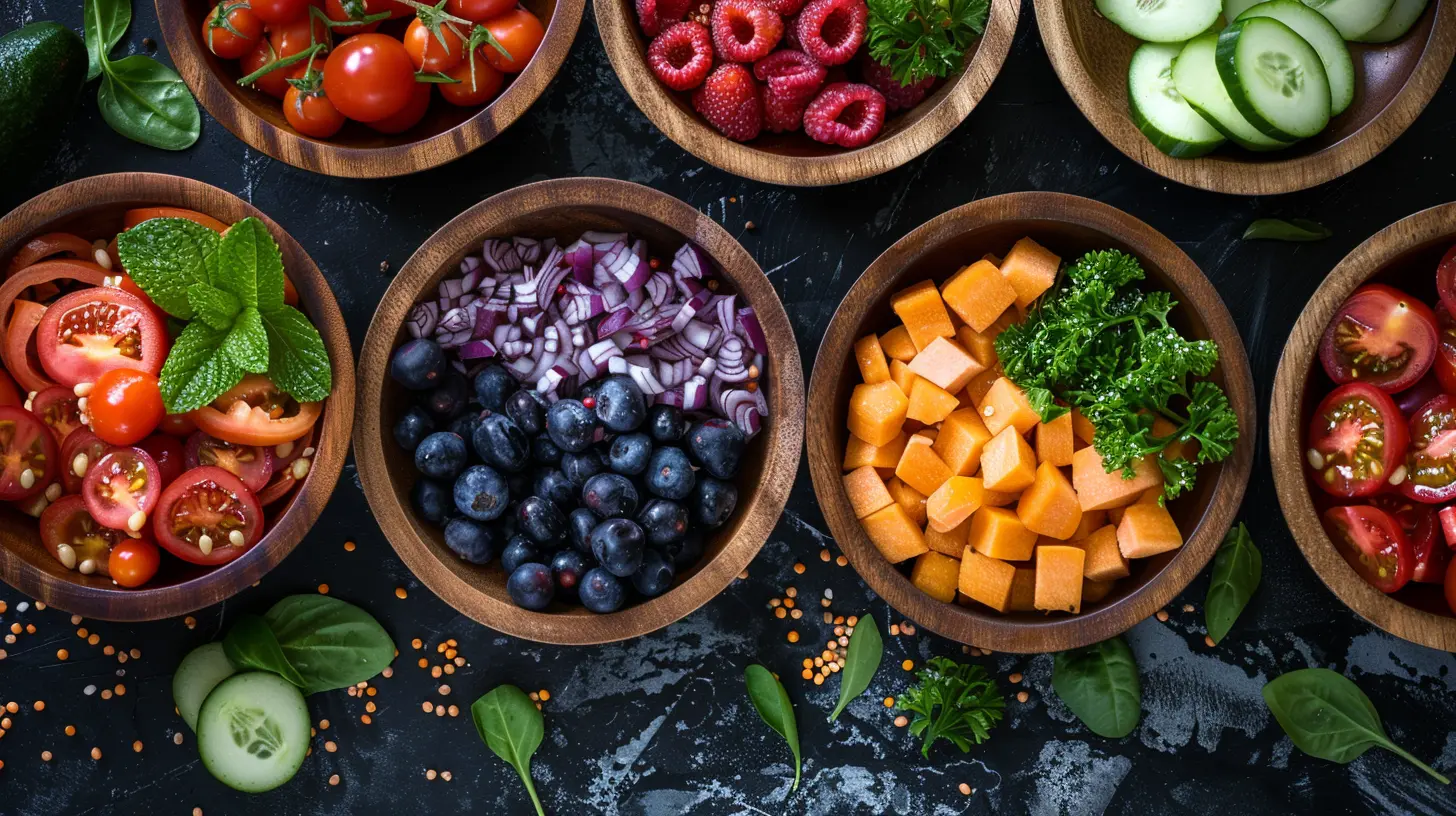
What is Clean Eating?
At its core, clean eating is all about consuming whole, minimally processed foods. Think fresh fruits, vegetables, lean proteins, whole grains, and healthy fats. It's about eating real food in its most natural state and avoiding overly processed, artificial, or junk foods.But don’t get it twisted—clean eating isn’t about perfection. It’s about making better choices consistently, not depriving yourself or following a rigid diet. 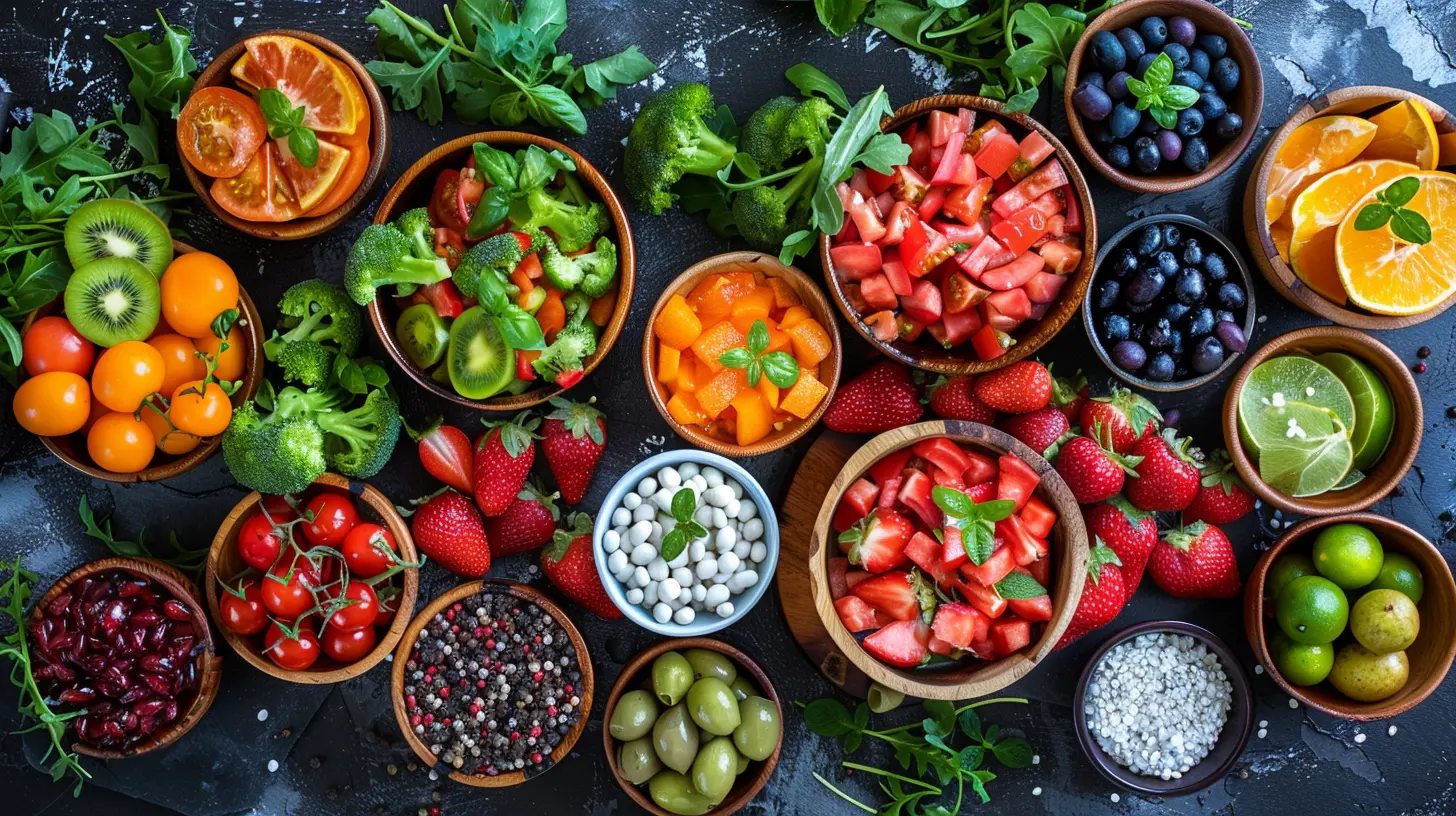
The Benefits of Clean Eating
So, why should you consider switching to a cleaner way of eating? Here are some undeniable benefits:1. More Energy
Ever notice how sluggish you feel after eating a heavy, greasy meal? Clean foods provide your body with the essential nutrients and steady energy it needs to function at its best.2. Weight Management
Clean eating isn’t a "diet" in the traditional sense, but it naturally helps with weight management. When you eat nutritious, whole foods, you feel full longer and are less likely to crave unhealthy snacks.3. Better Digestion
Processed foods often contain additives, preservatives, and artificial ingredients that can be tough on your digestive system. Whole, natural foods help improve gut health and support digestion.4. Stronger Immune System
A diet rich in vitamins, minerals, and antioxidants strengthens your immune system, helping your body fight off illnesses more effectively.5. Clearer Skin
What you eat impacts your skin. By eliminating processed junk and increasing fresh foods, many people notice a clearer, more radiant complexion.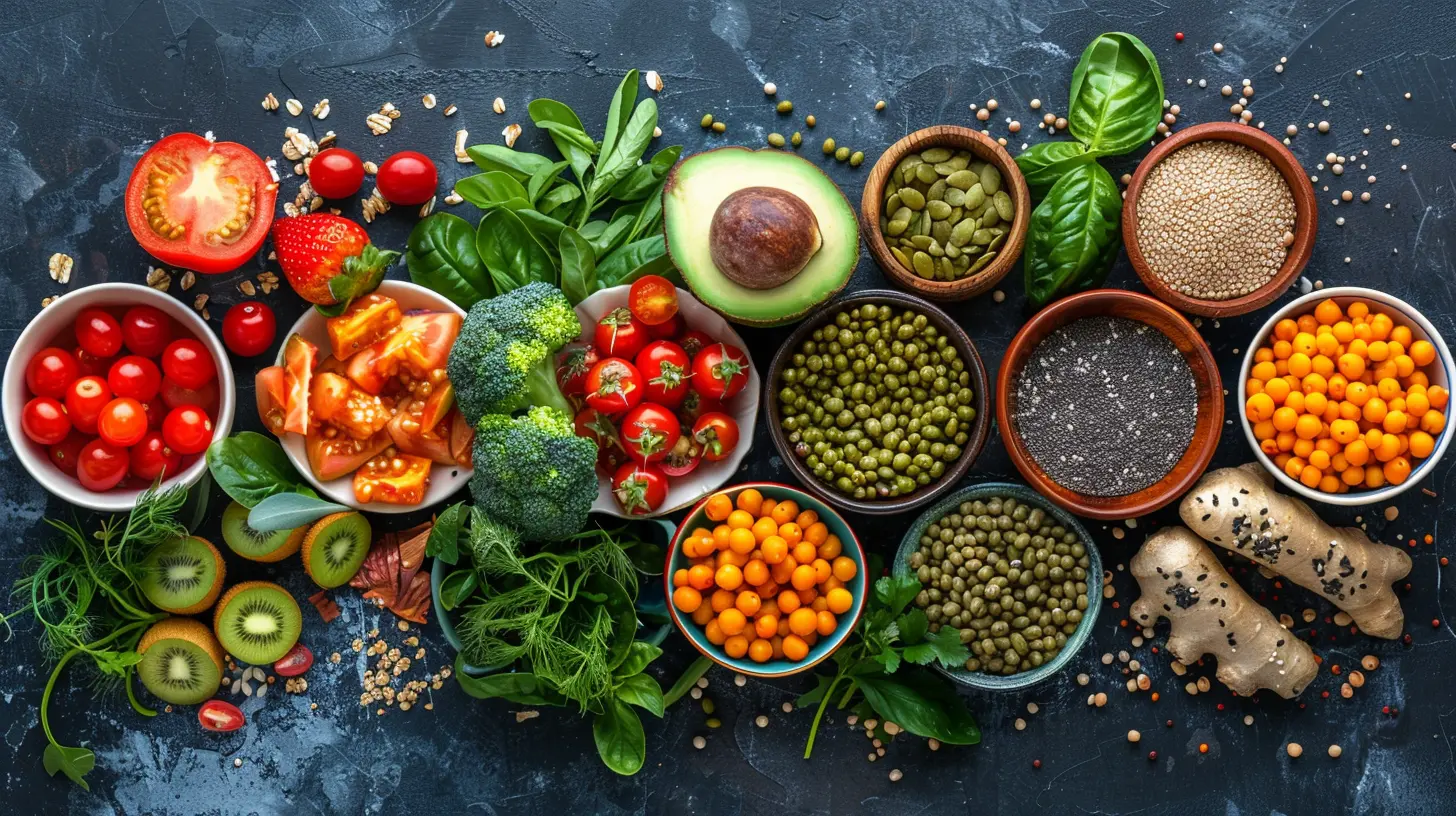
Simple Steps to Start Clean Eating
Now that we know why clean eating is amazing, let’s talk about how to make it easy to implement.1. Choose Whole Foods
Start by focusing on foods that are as close to their natural state as possible. If it grows from the earth or comes from a natural source, it’s a good option!✅ Fresh fruits and vegetables
✅ Whole grains like quinoa, brown rice, and oats
✅ Lean proteins such as chicken, fish, eggs, and legumes
✅ Nuts, seeds, and healthy fats like avocado and olive oil
2. Cut Back on Processed Foods
A simple rule of thumb? The fewer ingredients, the better. If you can’t pronounce half the ingredients on the label, chances are it’s not the cleanest choice.❌ Say no to artificial sweeteners, preservatives, and unnecessary additives
❌ Stay away from sodas, sugary cereals, and processed snacks
❌ Avoid frozen meals filled with chemicals you wouldn’t cook with at home
3. Cook More at Home
Eating out is convenient, but restaurants often use unhealthy oils, excess sodium, and hidden sugars. When you cook at home, you control exactly what goes into your meals.Not a chef? No problem! Start with simple recipes using fresh ingredients. Even something as easy as roasted vegetables and grilled chicken is a great clean meal.
4. Read Your Labels
Marketing can be sneaky! Just because something says "organic" or "natural" doesn’t mean it’s good for you. Always check ingredient lists and look for hidden sugars, unhealthy fats, and additives.5. Stay Hydrated
Water is a huge part of clean eating. Many people mistake dehydration for hunger, leading to unnecessary snacking. Make water your go-to drink and limit sugary beverages like soda and juice.Pro tip: Add lemon, cucumber, or berries to your water for a refreshing twist. 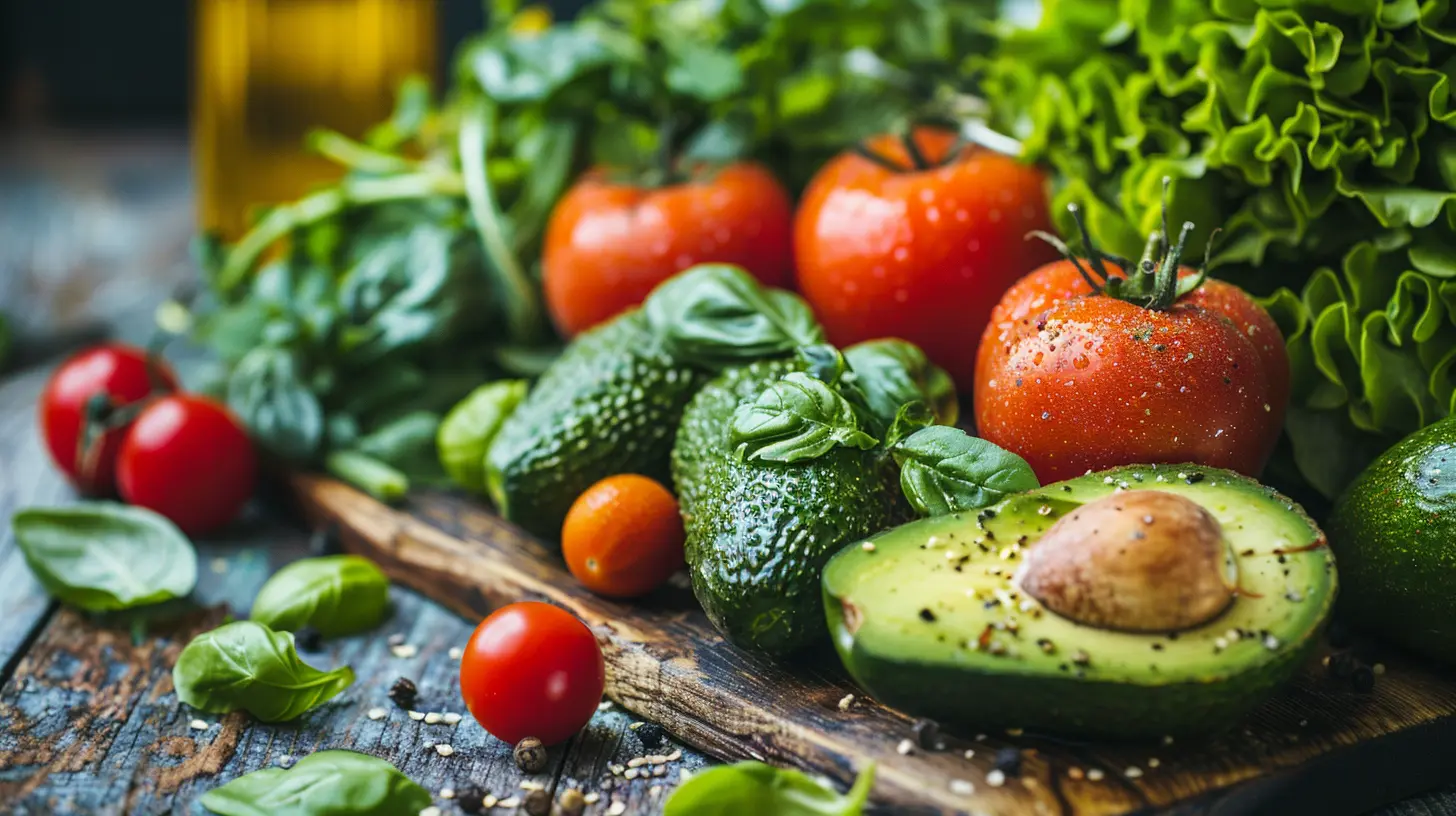
Making Clean Eating Affordable
A common misconception is that eating clean is expensive, but it doesn’t have to be! Here’s how you can do it on a budget:1. Buy in Bulk
Grains, nuts, legumes, and seeds are often cheaper when bought in bulk. Plus, they have a long shelf life!2. Shop Seasonal Produce
Fruits and vegetables are more affordable when they’re in season, and they taste better too!3. Plan Your Meals
Meal planning helps prevent food waste and saves money since you only buy what you need.Overcoming Common Clean Eating Challenges
Every lifestyle change comes with challenges, but don’t let them discourage you. Here’s how to tackle common obstacles:1. Dealing with Cravings
Craving chips or sweets? Instead of depriving yourself, find a clean alternative! Try homemade sweet potato chips or a dark chocolate and almond snack.2. Eating Healthy on the Go
Busy schedule? Pack healthy snacks like nuts, fresh fruit, or Greek yogurt so you’re not tempted by vending machines or fast food.3. Dining Out
Restaurants won’t always have a "clean eating" section, but you can make smart choices. Opt for grilled over fried, ask for dressings on the side, and go for whole foods whenever possible.Final Thoughts
Clean eating doesn’t have to be complicated, expensive, or restrictive. It’s about making mindful choices that prioritize whole, nutritious foods. The best part? You don’t have to be perfect—progress over perfection is key.Start with small changes, stay consistent, and soon, eating clean will become second nature. Your body (and your taste buds) will thank you!
all images in this post were generated using AI tools
Category:
Healthy ChoicesAuthor:

Laurie Barlow
Discussion
rate this article
1 comments
Zephyros McPherson
Great tips, very informative read!
August 23, 2025 at 3:20 AM

Laurie Barlow
Thank you! I'm glad you found it informative!

